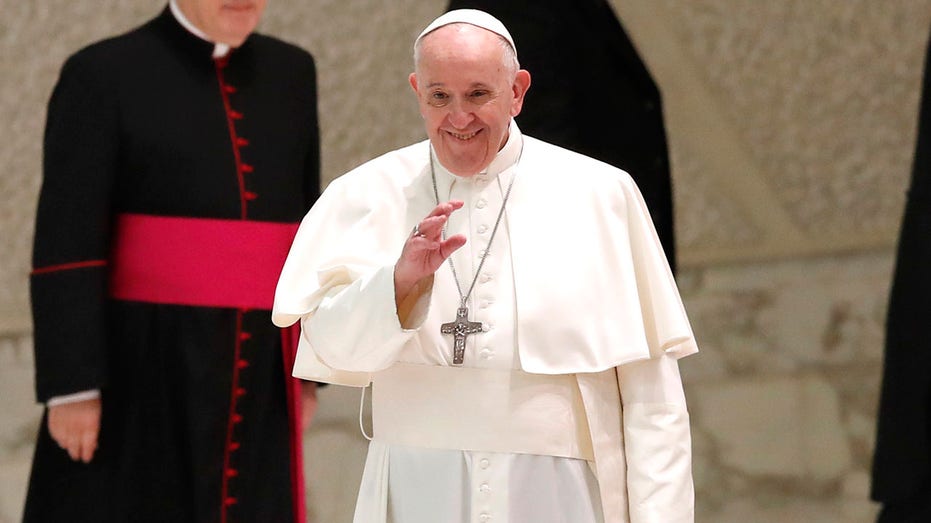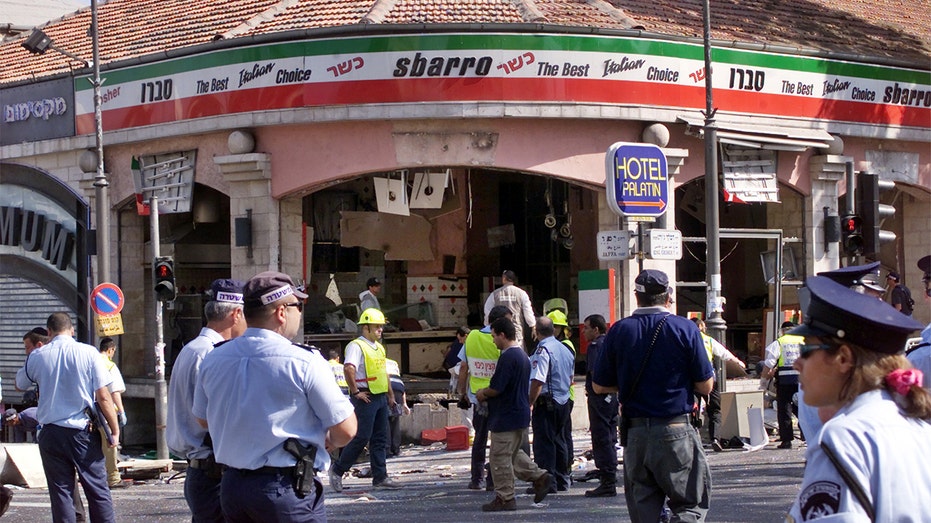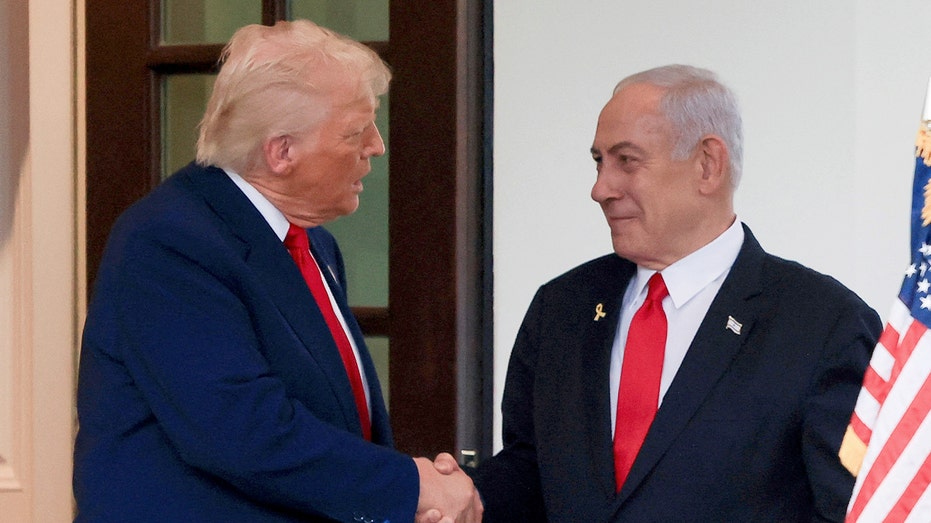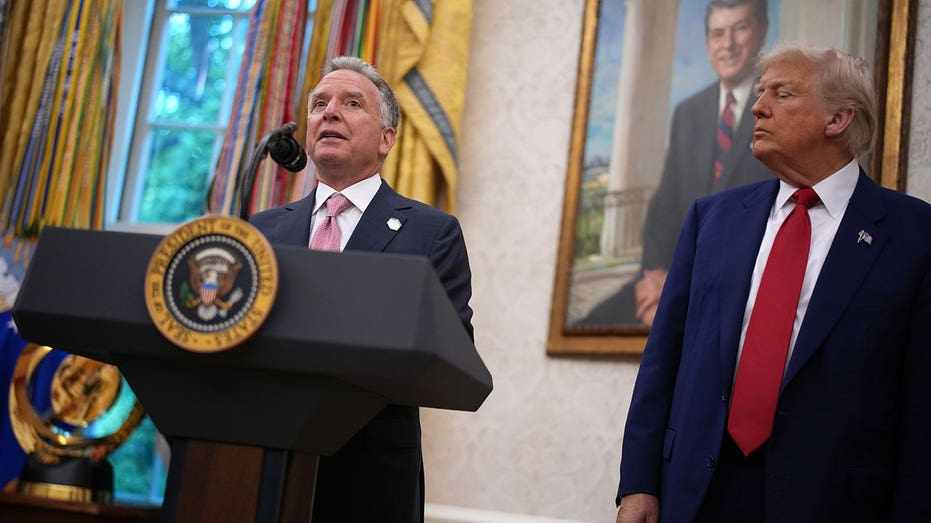Pope Francis Dies at 88: A Pontiff Who Changed the Game

Sarah Johnson
April 22, 2025
Brief
Pope Francis, known for his reformist papacy and outspoken views on global issues, has died at 88. His legacy spans compassion, controversy, and transformative leadership.
Pope Francis, the leader who steered the Catholic Church through a whirlwind of change and controversy, passed away Monday morning at the age of 88, according to Vatican camerlengo Cardinal Kevin Farrell.
Farrell announced, "With deep sorrow I must announce the death of our Holy Father Francis. At 7:35 this morning, the Bishop of Rome, Francis, returned to the house of the Father." He commended Francis's dedication to the Gospel, especially his compassion for the marginalized.
U.S. Vice President JD Vance, who met with Francis just a day before, expressed his condolences, recalling the pope's impact during the COVID-19 pandemic and his "beautiful" homilies. Vance noted, "I was happy to see him yesterday, though he was obviously very ill. May God rest his soul."
Throughout his twelve-year papacy, Francis was a force of both unity and disruption. He championed mercy, humility, and kindness, but never shied away from weighing in on hot-button issues. From criticizing President Trump’s immigration policies to openly questioning President Biden’s stance on abortion, the pope didn’t pull punches—American politics got the full Francis effect.
Francis made history in 2015 by becoming the first pope to address a Joint Meeting of Congress. He pushed for immigration reform, the abolition of the death penalty, and urgent action on climate change, reminding lawmakers of their global responsibility. He even told U.S. bishops that Christian love isn’t just about looking out for your own tribe, in a subtle clapback to then-Vice President JD Vance’s remarks about putting Americans first.
Born Jorge Mario Bergoglio in Buenos Aires in 1936 to Italian immigrant parents, Francis’s early life was far from glamorous. He worked as a bar bouncer, janitor, and chemical technician before joining the priesthood in 1969. His time as Jesuit provincial during Argentina’s Dirty War saw him risking his own safety to protect others—even negotiating for the release of kidnapped priests.
After climbing the church ranks—auxiliary bishop, archbishop, cardinal—he was elected pope in 2013 after Benedict XVI’s retirement. Francis took his name from St. Francis of Assisi, signaling a papacy focused on humility and serving the poor.
Pope Francis tried to make the church more accessible, living in a simple two-room suite instead of the traditional papal palace and opting for a plain white cassock over ornate robes. He even had his papal ring made of silver and only wore it for ceremonies. If there were a Vatican minimalist award, he’d have won it hands down.
His tenure was marked by tough stances on abuse scandals—lifting the notorious "pontifical secret" in abuse cases and promising transparency. Francis created task forces, established victim support, and declared that abusers would be met with the "wrath of God."
Yet, his approach to social issues left both progressives and conservatives frustrated. He allowed blessings for same-sex couples (a major shift), but held fast on abortion and women’s ordination, earning criticism from both sides. His letter restricting the Latin Mass irked traditionalists, while progressives bristled at his resistance to more radical reforms.
Francis wasn’t shy about global affairs, either. He condemned Israel’s military actions in Gaza, decried antisemitism, called for peace in Ukraine, and sounded alarms on climate change. His globetrotting took him from the Americas to the Middle East, always with a message for those in power.
In his later years, Francis battled a string of health issues, including sciatica, multiple surgeries, and respiratory infections. His resilience was as much a hallmark as his plain-spoken style.
With his passing, the Vatican enters a period known as sede vacante—the "empty seat." The world waits to see who will fill shoes that, let’s be real, are as unique as the man who wore them.
Topics
Editor's Comments
Pope Francis’s journey from Buenos Aires bar bouncer to Bishop of Rome is the ultimate glow-up. Only in the Catholic Church can you go from bouncing troublemakers to blessing them. And seriously, if minimalism were an Olympic sport, Francis would’ve taken home the gold, silver, AND the (very modest) papal ring.
Like this article? Share it with your friends!
If you find this article interesting, feel free to share it with your friends!
Thank you for your support! Sharing is the greatest encouragement for us.



